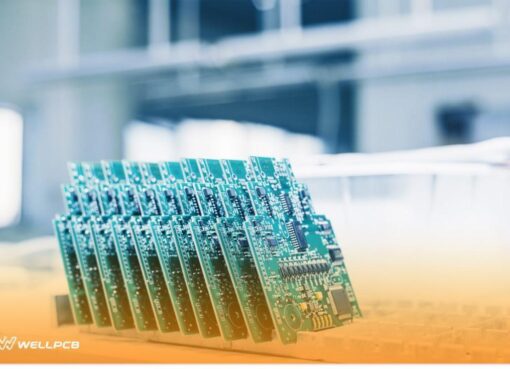SSD vs HDD for Gaming: Does It Really Make a Difference?

When it comes to gaming, every millisecond counts. The choice between a Solid State Drive (SSD) and a Hard Disk Drive (HDD) can significantly influence your gaming experience, from load times to system responsiveness. This article dives into the nuances of SSDs and HDDs, helping you understand which might be the best fit for your gaming rig.
Understanding the Basics: What’s the Difference?
Before delving deeper, let’s clarify what SSDs and HDDs are. SSDs store data on flash memory, which has no moving parts, leading to faster data access and lower latency. On the other hand, HDDs write data onto a spinning disk, much like a vinyl record player, which means they generally have slower read and write speeds due to the mechanical action required to access data.
Performance and Speed
SSDs shine in performance. They offer quicker boot times, faster file transfers and can drastically reduce game loading times. It’s because SSDs access data almost instantly, thanks to their NAND flash technology. For gamers, this means less time waiting and more time playing.
Capacity and Cost
HDDs generally offer more storage capacity for a lower price. While SSD prices have decreased, they are still more expensive per gigabyte than HDDs. For gamers who need extensive storage to house large game libraries, HDDs might still be a viable option, especially as secondary storage.
Real-World Gaming Impact
The real question for gamers is how these differences affect actual gameplay. SSDs can dramatically reduce the load times of games, which is crucial for games with frequent loading screens.

However, once the game is loaded, the impact on performance is generally minimal.
Game Load Times
With SSDs, games that frequently load new environments, like open-world games, benefit immensely. Reduced loading times can mean a smoother and more immersive gaming experience.
System Responsiveness
Beyond load times, SSDs contribute to overall system responsiveness. It means quicker start-up times for your PC and faster execution of game patches or updates.
Durability and Reliability
Beyond performance and capacity, SSDs enjoy an advantage in durability. SSDs lack moving parts, making them less susceptible to damage from shocks or vibrations. Their design makes them generally more reliable and gives them a longer lifespan than traditional HDDs. For gamers who frequently travel with their setups or prioritize long-term reliability, SSDs can provide valuable peace of mind.
Choosing Between SSD and HDD
When deciding whether to go for an SSD or HDD for gaming, consider your specific needs:
●Budget: If limited by budget but needing high storage, HDDs may be the way to go.
●Performance: For those prioritizing speed and performance, SSDs are undoubtedly superior.

●Storage Needs: Large game files require substantial space. Here, you might opt for a combination of both—an SSD for your operating system and frequently played games and an HDD for additional storage.
Storage Requirements
For example, for online gamers playing jackpot games real money, there won’t be any difference if you use an SSD or an HDD. Here, the main difference would be in the internet speed. But for games that are installed on your computer, the stakes are high, and so are the expectations for swift load times and seamless gameplay. Here, SSDs could be particularly beneficial. Faster load times not only enhance the gaming experience but also ensure that the games run smoothly, which is crucial during high-stakes online gaming sessions.
Conclusion: Making Your Choice
Choosing the right storage isn’t just about speed or cost—it’s about tailoring your system to fit your gaming lifestyle. Whether you choose an SSD for its blazing speeds or an HDD for its ample storage capacity, understanding the strengths and limitations of each can help you make an informed decision that enhances your gaming experience. Remember, the best setup often involves using both types of drives in harmony to maximize both performance and storage capacity.



